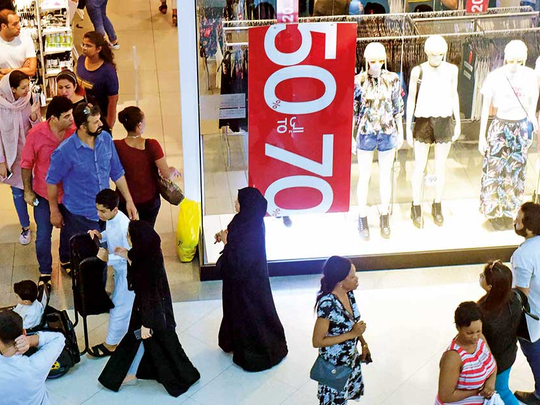
Dubai: The new Excise Law or Federal Decree-Law No. 07 of 2017 sets the framework for the imposition and administration of excise duties in the UAE.
The new legislation requires excise tax to be imposed on certain activities around specific excise goods, activities such as the production or import of excise goods in to the UAE, as well as the stockpiling of these in the UAE. The due tax is the responsibility of the person who conducts any of these activities.
ALSO READ
100% tax on tobacco and energy drinks soon in UAE
Sin tax: Why you are getting taxed on your vices
Tobacco tax has expats reconsidering consumption
The Federal Tax Authority (FTA) may exempt a person from registration, but not payment of tax, if they can demonstrate that they will not regularly import excise goods. However, anyone who has been exempted from tax registration must immediately inform the authority of any changes to his/her circumstances that would make them subject to tax.
A registered taxable person shall apply for a tax deregistration when no longer liable for Excise Tax according to the Decree-Law and within the timeframe stated in the executive regulation.
Moreover, the law states that any person operating or intending to operate a designated zone must apply for registration as a Warehouse Keeper before acting as such, and the Executive Regulation of the Decree-Law shall specify the effective date of registration.
Designated zones for excise tax purposes are warehouses, zones or areas in which the levy of excise tax may be suspended (i.e., excise tax will not be levied in the designated zones). Bonded customs warehouses or freezones will not automatically fall outside the scope of excise tax.
The new Decree-Law states that the Executive Regulation shall determine the procedures, controls and conditions for tax registration, tax deregistration, and rejecting registration and deregistration applications. The Decree-Law also determines the specific dates for accounting for the tax, namely: the date on which the excise goods are imported, the date on which the excise goods were acquired by the stockholder, if after the Decree-Law came into effect, or the date it came into effect otherwise, and in all other cases the date on which the excise goods were released for consumption. The release for consumption shall further be clarified in the Executive Regulation of the Decree-Law.
The stated prices of excise goods at points of sale must include the excise tax mandated by the law. It also specifies instances where goods could be exempt from tax, namely, excise goods that are exported. Moreover, a Designated Zone meeting the conditions specified in the Executive Regulation of the Decree-Law shall be treated as being outside the UAE for excise tax purposes. Excise goods may therefore be transferred from one Designated Zone to another without incurring any excise tax.
Excise on ad valorem basis
Excise taxes can be levied either at specific or ad valorem basis. Ad valorem tax is a tax whose amount is based on the value of a transaction. Specific excise taxes are charged by quantity regardless of price, i.e., per unit, pack, or kilogram. Ad valorem excise taxes are charged as a percentage of the value of the product.
According to the law, the levy of excise tax in the UAE will be on the ad valorem basis. The selling price will be the value set by the importer or producer of the relevant excise or selective good (e.g., retail selling price), or is set in accordance with standard prices which are agreed to by the tax authorities.










